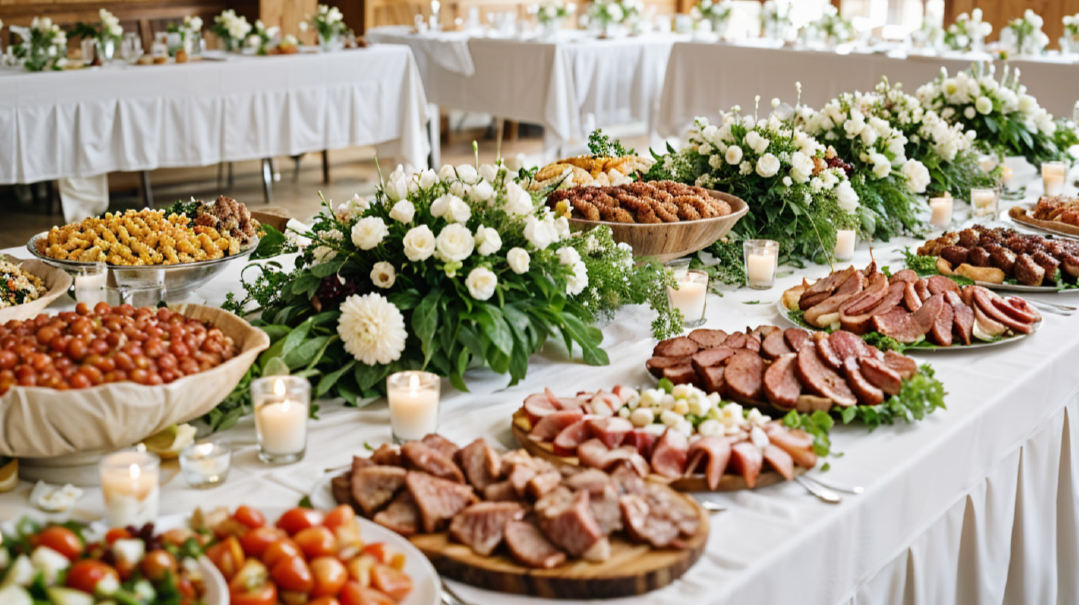Why Risk Shidduchim?
| November 20, 2019
Something has to change so that women don’t become so disillusioned that they simply choose to give up
W
hen I was a young adult, knew exactly what I wanted to be. I wanted to become a teacher and change the world, teach the next generation to love Hashem and the Torah and make a big difference to the Jewish community.
Entering the field, however, I experienced a reality check. I was paid a minimum-wage salary that didn’t even come on time, I encountered a general lack of gratitude, and I received minimal support to better my skills. Eventually I left teaching to find another more satisfying and lucrative field. And I learned that I wasn’t alone. In Mishpacha’s Inbox, I read that the girls’ school system is facing severe challenges finding qualified teachers.
A few months later, there’s a new crop of letters to the editor. These letters discuss how degrading the girls find the system in place available for them to meet their basherts. Every letter talks about single women feeling demeaned by the request for pictures, but feeling helpless to do anything about it. Most young women I talk to talk about how difficult it is to get a date at all. First someone asks you for a shidduch résumé, and then they never get back to you. When they ask what happened with the suggestion, they get a vague “He never got back to me,” or, “He said he was busy.” These are euphemisms for “They are not interested.” So many women talk about getting two to three dates a year, and feel like they have to “apply” for the date.
I don’t want to be shrill, or an alarmist, but I believe we must consider the real possibility that if something isn’t done to change this status quo, some women will chas v’shalom make the same decision about marriage that they have made about teaching: The process is just too degrading to justify the ends. Already now, I meet intelligent women who have voiced feelings to me that they find a lot of satisfaction in their jobs, and don’t necessarily need marriage to give them satisfaction in life.
Lest you think this is exaggerated, consider that this is what has happened in the American culture. Women in the secular culture have been educated that marriage denigrates them, and therefore they don’t see marriage as a goal or means to fulfillment.
History has shown us that as the general culture goes, the Jewish culture is not far behind. Last week, a reader wrote in wondering whether kids go off the derech because they are hearing an unspoken message of “we don’t want you in our schools or in our communities.” Young women are hearing a similarly degrading message in how they are expected to meet their basherts.
We need leadership to change the outdated shidduch system to one where women feel wanted, respected, and cherished, reflecting the derech eretz advocated by Chazal (Kiddushin 2b), “darko shel ish lachazor al ishah, v’ein darkah shel ishah lachazor achar ha’ish.” Chazal explain that this is comparable to someone who lost a cherished item. The owner seeks his item; the item does not seek its owner. Something has to change so that women don’t become so disillusioned that they simply choose to give up and look for satisfaction in life through other means.
Too much is at stake to let the current situation continue as it is.
R. L. , Far Rockaway, NY
Originally featured in Mishpacha, Issue 786.
Oops! We could not locate your form.








Comments (6)